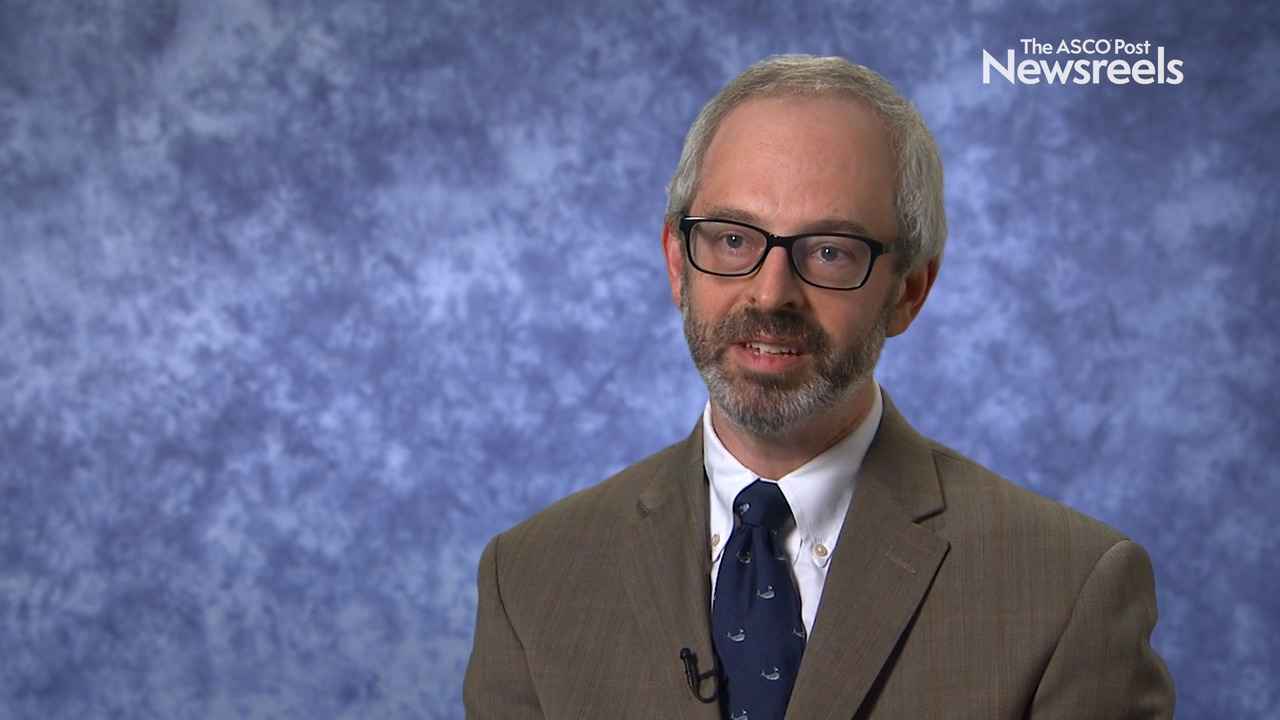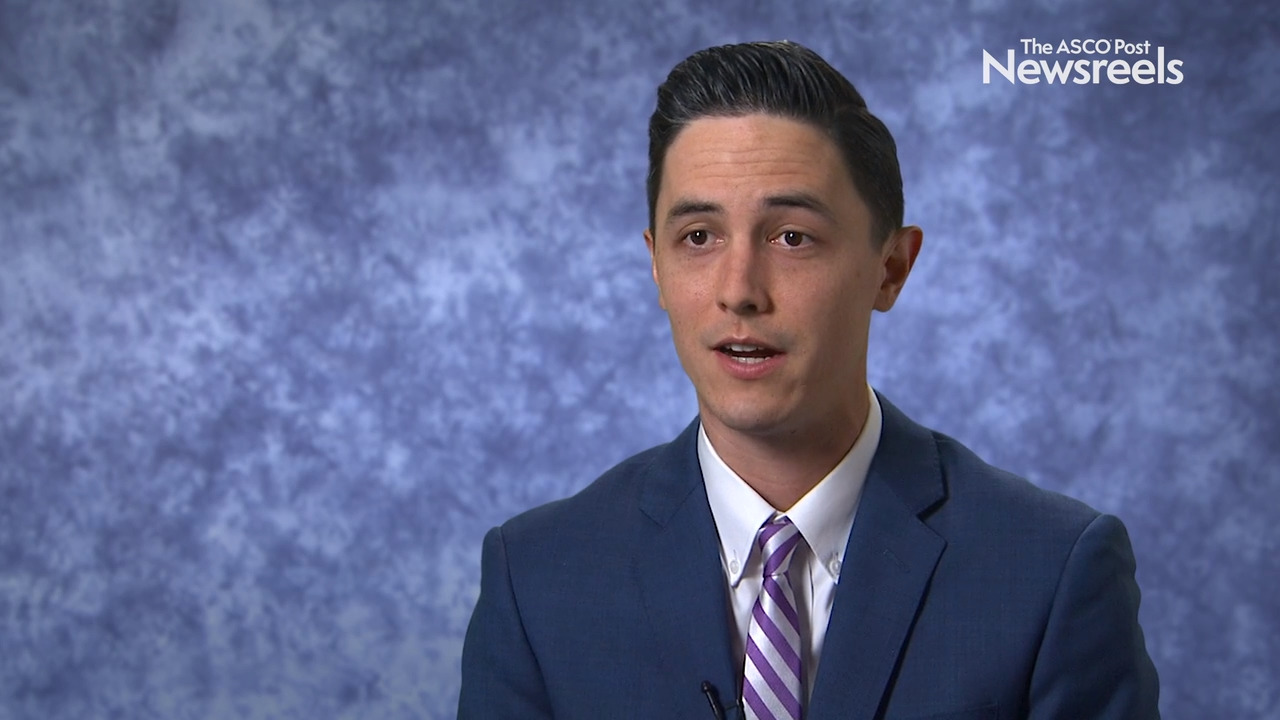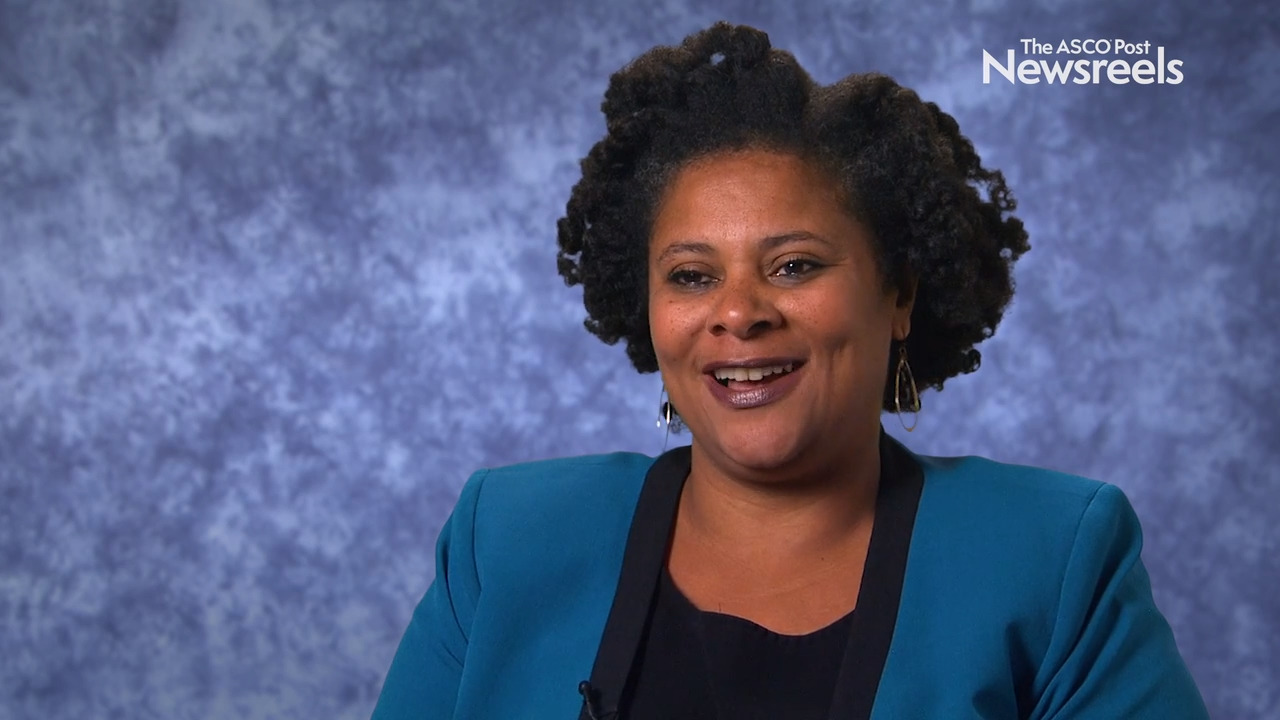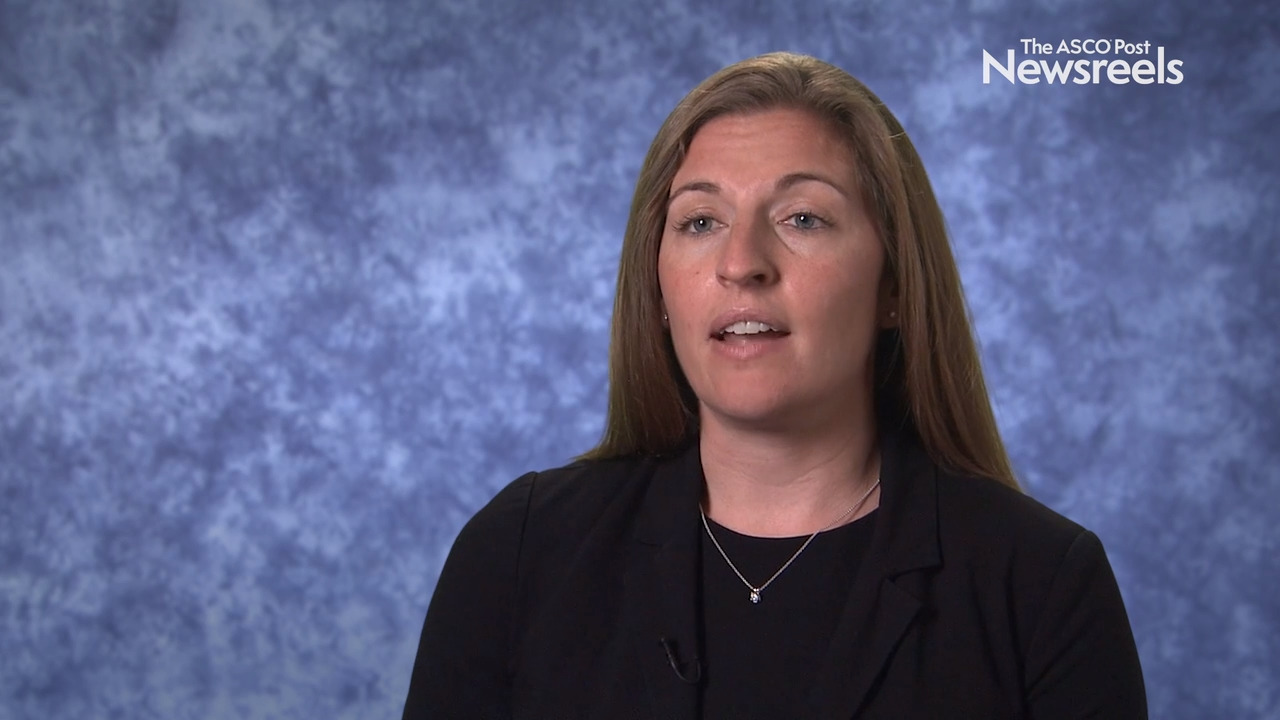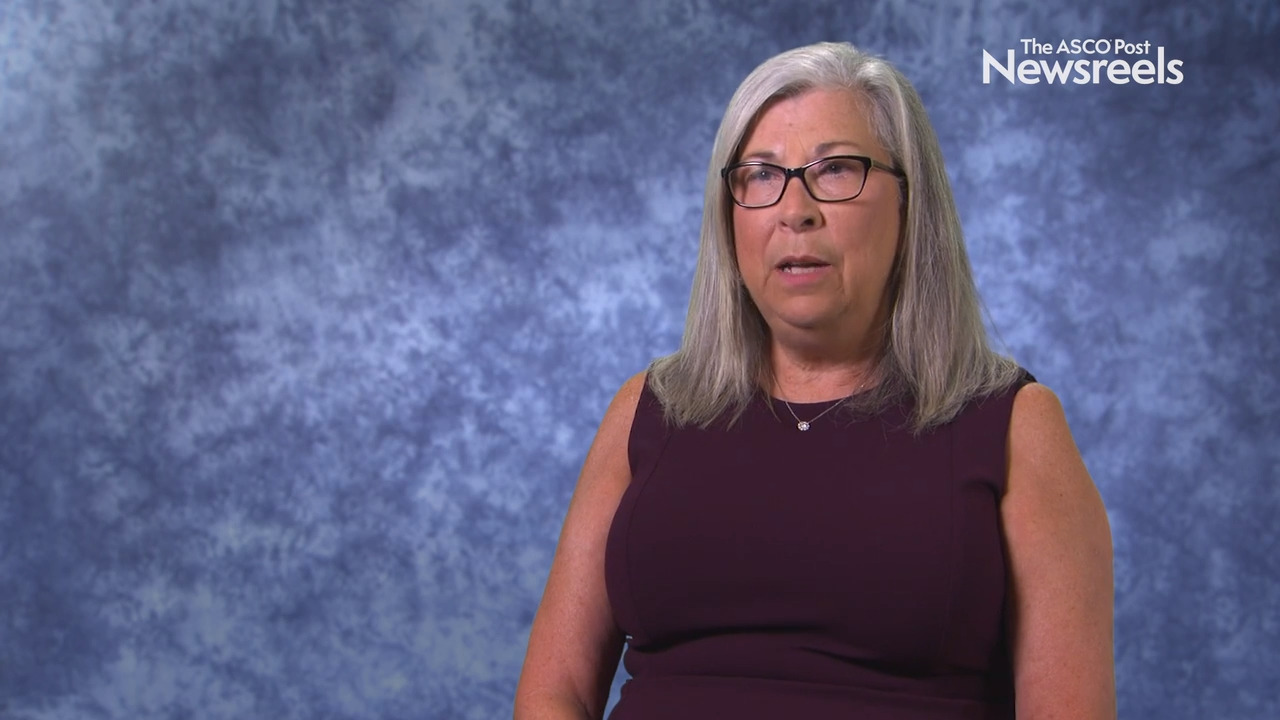Mallika Sharma, MPH, on Eliminating Prior Authorizations, Anxiety, Delay in Care, Higher Costs
2019 Quality Care Symposium
Mallika Sharma, MPH, of Seattle Cancer Care Alliance, discusses her findings that, by doing away with the many prior authorization denials based on administrative errors, providers may offer higher-value care by eliminating unnecessary anxiety among patients, administrative burdens, and increased costs (Abstract 9).
Cary P. Gross, MD, of Yale School of Medicine, discusses the challenges of implementing pathways and guiding patient decision-making on treatment.
Ryan Huey, MD, of The University of Texas MD Anderson Cancer Center, discusses his findings that showed the large financial burden on lower-income patients enrolled in phase I trials (Abstract 8).
Karen M. Winkfield, MD, PhD, of the Wake Forest Baptist Medical Center, discusses cultural factors that contribute to cancer care disparities, the role of national policy in addressing inequities in access to care, and what local institutions can do to improve the situation.
Lauren M. Hamel, PhD, of Wayne State University/Karmanos Cancer Institute, discusses her findings on the ways in which nonverbal behavior between doctors and patients of the same or different races can affect their relationship, quality of communication, and ultimately, perhaps outcomes as well (Abstract 169).
Grace C. Hillyer, EdD, MPH, of Columbia University Mailman School of Public Health, discusses the many barriers to enrolling patients in clinical trials, most notably different attitudes toward and perceptions about research studies among clinicians vs patients. Her findings point to the need for better communication between the two groups and more patient input (Abstract 170).
